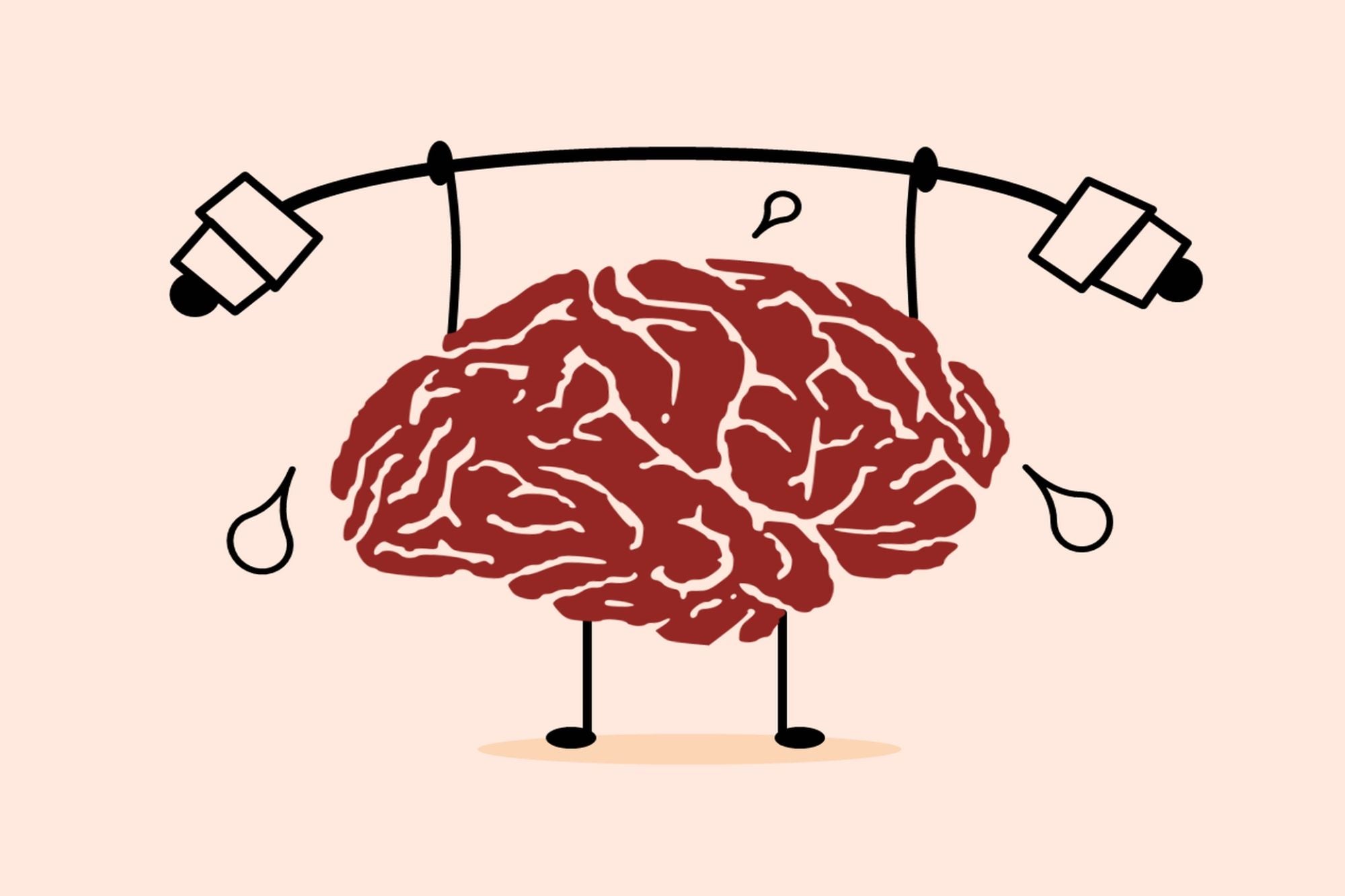The arrival of the New Year offers an opportunity for renewal, growth, and healing. Prioritizing mental health through intentional self-care practices is essential to maintain emotional balance and cultivate a positive mindset. This comprehensive guide explores effective mood-boosting self-care strategies to help you flourish mentally and emotionally in the year ahead.
The Importance of Self-Care for Mental Health
Self-care is more than a buzzword; it is critical to maintaining psychological resilience. Investing time in self-care allows us to reduce stress, improve emotional regulation, and strengthen our overall well-being. By engaging in consistent self-care practices, we can navigate life’s challenges with greater ease and joy.
Daily Mindfulness Practices to Enhance Your Mood
Mindfulness helps anchor us in the present moment, reducing anxiety and promoting a sense of calm. Integrating mindfulness into your daily routine can significantly elevate your emotional state.
Morning Meditation for a Positive Start

Begin each day with a 10-minute guided meditation session. Find a comfortable, quiet space and focus on your breath. Meditation enhances clarity, reduces cortisol levels, and promotes a sense of centeredness that can carry you through the day.
Steps for Effective Morning Meditation:
- Sit Comfortably: Choose a chair, cushion, or yoga mat.
- Focus on Your Breathing: Inhale deeply for 4 counts, hold for 4 counts, and exhale for 4 counts.
- Observe Thoughts Without Judgment: Allow thoughts to pass like clouds, returning your focus to the breath.
Mindful Journaling for Emotional Clarity
Spend 10-15 minutes journaling your thoughts and feelings. Mindful journaling helps you process emotions, identify triggers, and set intentions for your mental health.
Journaling Prompts to Boost Mood:
- “What are three things I’m grateful for today?”
- “What challenges did I face today, and how did I manage them?”
- “How can I show kindness to myself tomorrow?”
Physical Activity to Elevate Mental Well-Being
Exercise is a natural mood enhancer. Physical activity increases endorphin levels, alleviates anxiety, and improves sleep patterns.
Yoga: A Harmony of Body and Mind
Yoga combines physical movement, breath control, and meditation, offering a holistic approach to mental health.
Benefits of Yoga:
- Reduces stress and anxiety.
- Increases flexibility and strength.
- Promotes emotional stability.
Quick Yoga Routine for Mental Clarity
- Child’s Pose (Balasana): Calms the mind and relieves tension.
- Cat-Cow Stretch: Eases back tension and regulates breathing.
- Downward Dog (Adho Mukha Svanasana): Increases energy and relieves stress.
Outdoor Walking for a Mental Refresh
Walking in nature stimulates both physical and mental well-being. The fresh air, natural scenery, and rhythmic movement help clear mental fog and alleviate stress.
Walking Tips:
- Aim for a 30-minute walk in a park or along a scenic path.
- Focus on your surroundings, paying attention to colors, sounds, and textures.
- Use walking as a time to practice gratitude or affirmations.
Nourishing Nutrition for Mental Health
A balanced diet plays a pivotal role in maintaining optimal mental health. Nutrient-dense foods can help stabilize mood, enhance cognitive function, and reduce symptoms of anxiety and depression.
Brain-Boosting Foods to Include
- Omega-3 Fatty Acids: Found in salmon, flaxseeds, and walnuts, these fats support brain function and mood regulation.
- Leafy Greens: Spinach, kale, and chard are packed with magnesium, which can help alleviate anxiety.
- Fermented Foods: Yogurt, kefir, and kimchi support gut health, which is closely linked to mood and mental well-being.



 By
By

















